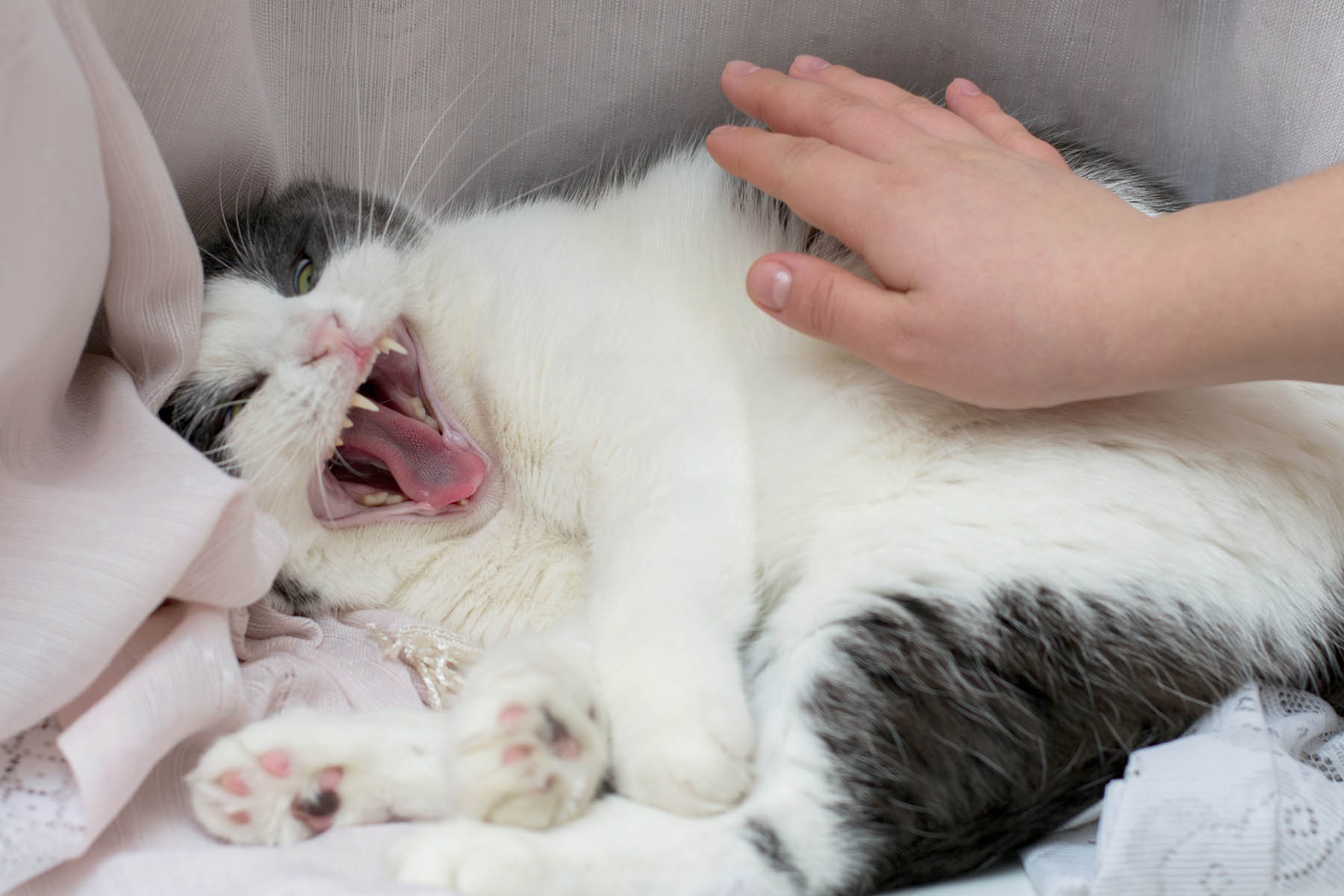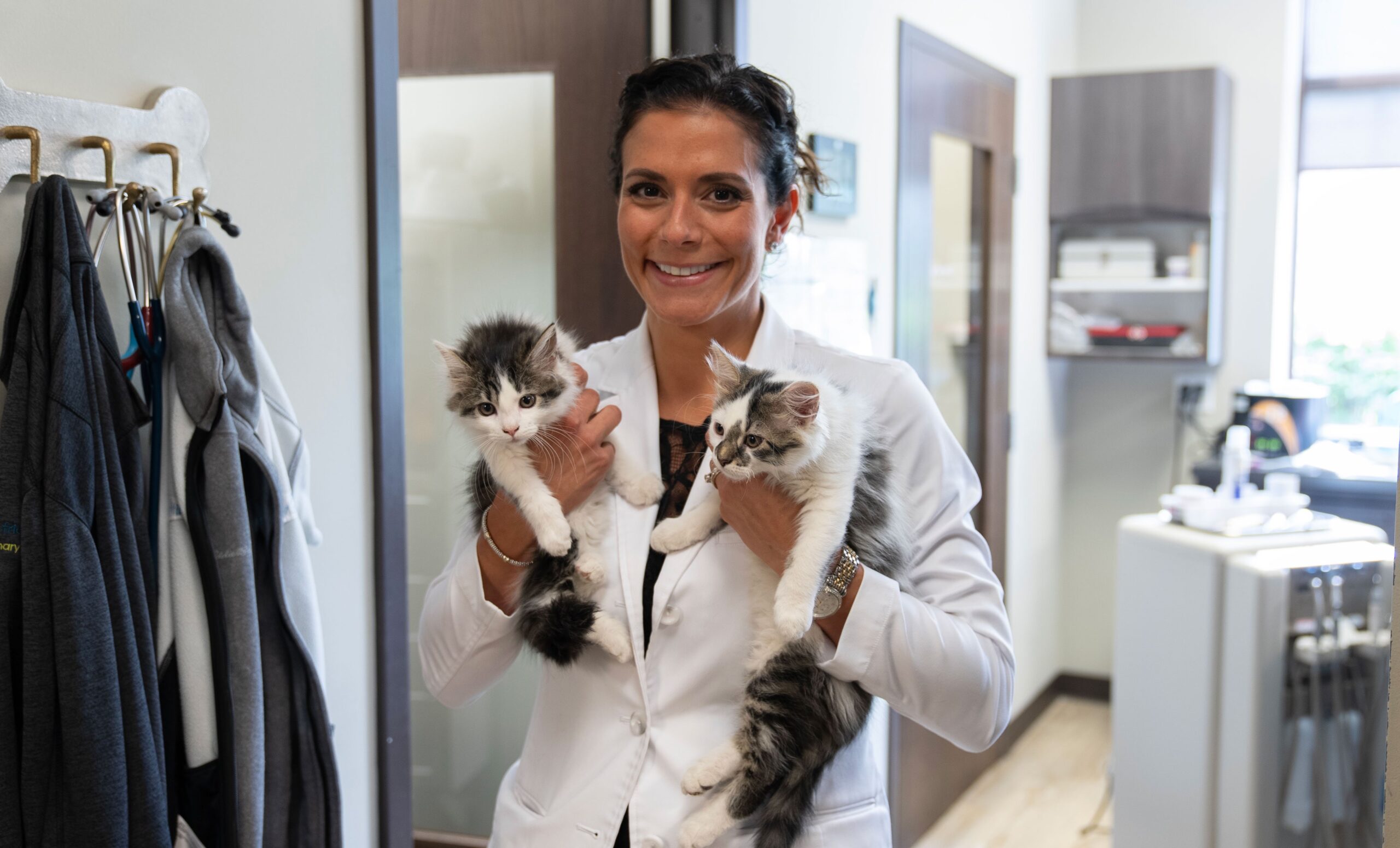Cats are known for their independent and sometimes mysterious nature. While they can be affectionate and loving, they can also exhibit hissing and aggression, especially when introduced to new environments or other cats. In this article, we’ll explore common reasons behind cat aggression and provide valuable tips for dealing with hissing and aggression in both adult cats and new kittens. By the end, you’ll have a better understanding of feline behavior and how to create a harmonious environment for your beloved pets.
Dealing with Hissing and Aggression: Tips for Cats and New Kittens
Cats are beloved companions known for their independent personalities, but they can sometimes exhibit hissing and aggression, leaving their owners puzzled and concerned. Whether you have an adult cat showing aggressive behavior or a new kitten adjusting to its surroundings, understanding and addressing these issues is crucial for fostering a harmonious environment. In this article, we’ll delve into the common triggers for hissing and aggression and provide effective tips for managing and preventing such behavior.
Understanding Cat Behavior:
Cats are complex creatures with their unique ways of communicating. Hissing is a vocalization that often indicates fear, stress, or territorial disputes. Before addressing hissing and aggression, it’s essential to comprehend the underlying reasons:
1. Fear and Anxiety:
Cats may hiss when they feel threatened or anxious, especially in new environments or around unfamiliar people or animals. To ease their fear and anxiety, create a safe and secure space with familiar items like their bedding and toys. Gradually introduce them to new elements to reduce stress.
2. Territorial Disputes:
Cats are inherently territorial animals. The introduction of a new cat or pet into their domain can trigger hissing and aggression as they protect their territory. Employ a gradual introduction process, allowing them to become accustomed to each other’s scent before face-to-face interactions. Separate food and litter areas can also help reduce territorial conflicts.
3. Medical Issues:
Occasionally, underlying health problems can lead to aggression in cats. Pain or discomfort may cause a cat to react aggressively. If you suspect a medical issue, consult your veterinarian for a thorough examination and appropriate treatment.
Tips for Managing Aggression in Adult Cats:
Addressing aggression in adult cats requires a patient and strategic approach to create a peaceful living environment:
Positive Reinforcement:
Reward good behavior with treats and praise to encourage calm and non-aggressive responses. Reinforce desirable actions, such as not hissing when meeting a new pet, with rewards to promote positive behavior.
Professional Consultation:
If aggression persists, seek guidance from a professional animal behaviorist or cat trainer specializing in feline behavior. They can provide personalized advice and exercises to effectively manage and reduce aggression.
Providing Enrichment Activities:
Keep your cat mentally and physically stimulated with toys, puzzle feeders, and climbing structures. Enrichment activities offer an outlet for their energy and help reduce stress and aggression.
Handling Aggression in New Kittens:
New kittens can also display hissing and aggression as they adapt to their surroundings. Here’s how to help them adjust:
Early Socialization for Kittens:
Socialize kittens at a young age by exposing them to various people, animals, and experiences. Early socialization prevents future aggression issues and helps them become well-adjusted adults.
Interactive Play and Bonding:
Engage in interactive play with your kitten using toys like feather wands and laser pointers. These play sessions help kittens expend their energy positively and reduce aggressive tendencies.
Neuter or Spay at the Right Time:
Consider spaying or neutering your kitten at the appropriate age, typically around 5-6 months. This can reduce hormone-related aggression and territorial behavior as they mature.
In conclusion, understanding the triggers behind hissing and aggression in cats and applying appropriate strategies is essential for creating a harmonious environment for your feline companions. Each cat is unique, so patience and consistency are key in helping them lead happy, aggression-free lives.




